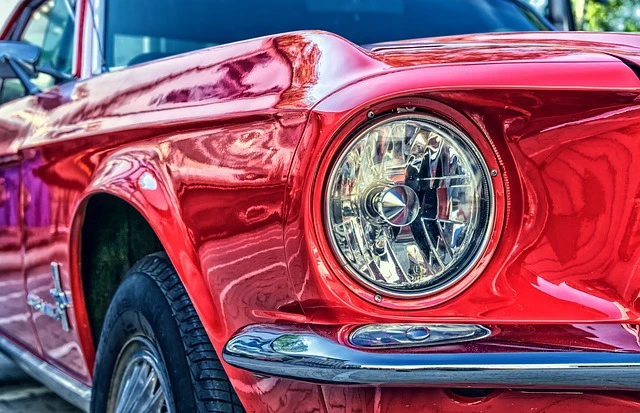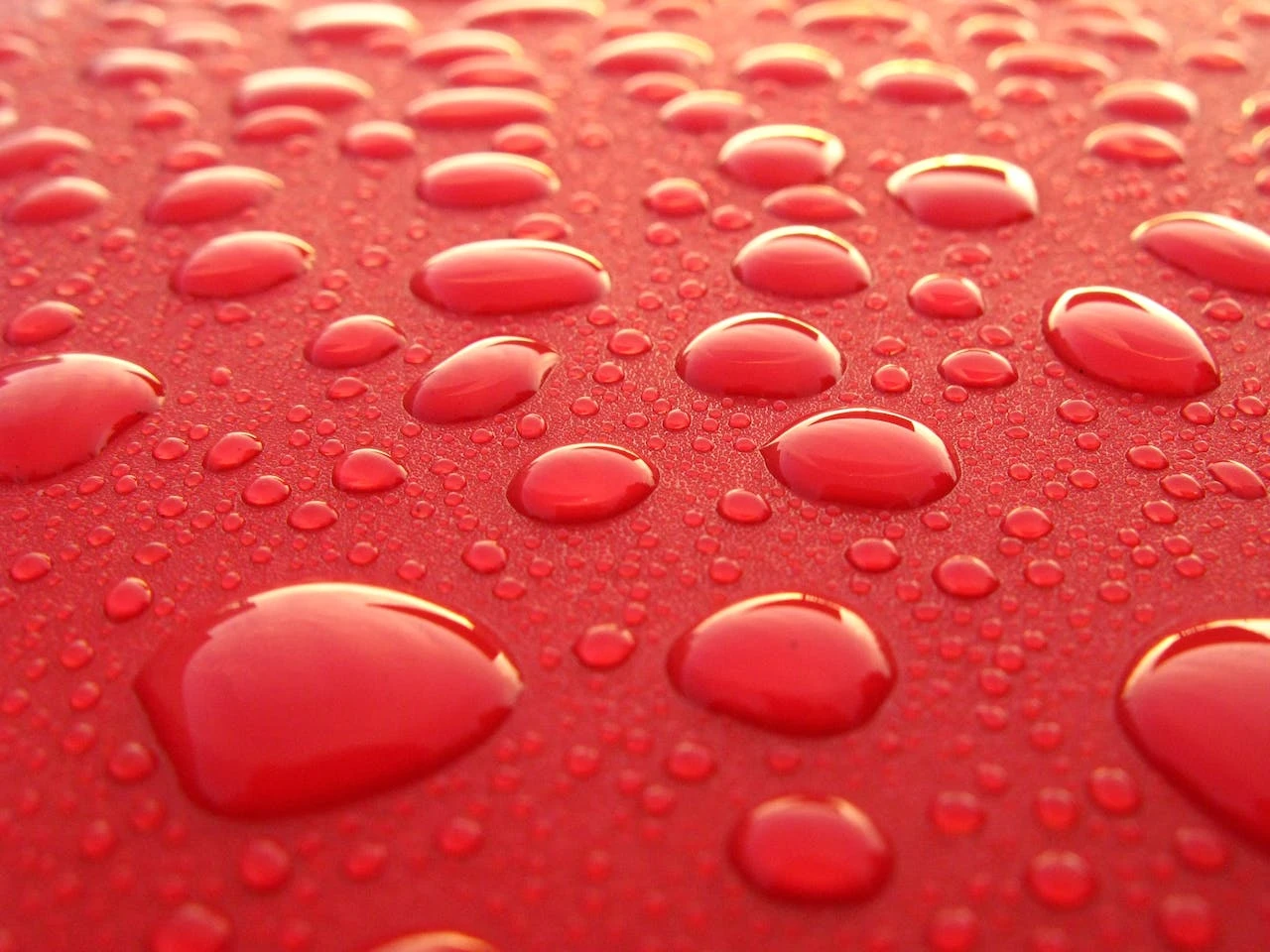Carnauba Wax: Giving Your Car A Brazilian

Christmas is just around the corner, and many car enthusiasts have a pretty shrewd guess that one of their relatives will give them car wash products as a present. Polish and all the rest of it is one of those go-to presents, along with socks and underpants for guys, and bath salts or scented soaps for girls. One of those products may, if you’re lucky, contain carnauba wax (note: this statement applies to the car cleaning products, not the undies or bath salts).
I used to think that carnauba wax was a brand name and I wasn’t the only one to think this, I discovered after a few quick conversations with friends. However, this isn’t the case. Carnauba wax is a generic plant-based product that is known for its high shine and toughness.
These days, it’s nice to be using something that originally comes from a plant rather than being stirred up in a lab. This is the case for carnauba wax, although your car polish will be stirred up in a lab somewhere, and the wax goes through a fair amount of processing before it gets into the package waiting for you in your Christmas stocking. It’s a product from the leaves of a palm tree that grows only in parts of Brazil, which is why you’ll also hear this wax being called “Brazil wax” or “palm wax”. The name “Brazil wax” is out of fashion at the moment, probably because that term has another meaning – although you can use carnauba wax for a Brazilian wax.
The palm tree in question is Copernicia prunifera or the carnauba palm, and the wax is just one of its many products. Although the tree is grown extensively in the suitable parts of Brazil commercially to get this highly desirable wax, the rest of the tree is pretty useful as well. It produces fruits that are used as animal feed, and for making jelly and a type of flour, and even coffee substitutes and oil. The wood is resistant to termites and is good for making houses in the local area that resist these pests. The leftover bits of the leaves after the wax has been removed are used for textiles or are used as feedstock for biofuels. And just in case that wasn’t enough to give the carnauba palm plenty of green credit, it also grows well in saline soils that aren’t any good for other crops, it’s resistant to drought, and because the trees aren’t cut down to harvest the leaves, they provide a good habitat and food for wild birds and sequester carbon while they’re at it. Wins all round!
The leaves of the carnauba palm have a natural wax coating that help it retain moisture and to stand up to other stresses, such as insect attacks. After the leaves have been cut from the trees, which is done a couple of times during the dry season, they are left to dry in the sun. This makes the wax dry to a crumbly yellow-white powder. After that, the leaves are beaten out to release the wax, and the powdered wax is collected. Various other things can be done to it before it’s exported. In fact, because of the properties of the wax in its raw state, you wouldn’t be able to do much with it unless you mixed it with this and that and/or refined it.
Carnauba wax has about the highest melting point of all the natural waxes: a shade over 80°C, in contrast to beeswax, which melts at around the 60-degree mark. It’s also very hard as well as being able to produce a high shine. This makes it perfect for use in a polish for cars, as it’s long-lasting and good-looking as well as being protective.
As well as being used in car polishes, carnauba wax turns up in a variety of other products. As it’s plant-based and nontoxic, it’s safe to use in cosmetics such as lipsticks (another go-to Christmas gift for women) and for coating some types of sweets, such as M&M chocolates (yet another generic gift idea). As a food additive, it’s got the E-number E903. It also turns up in surfboard wax, shoe polish, dental floss and furniture polish. But don’t try eating your car polish. The carnauba wax will have been mixed with various solvents to make the polish.
Car wash products containing carnauba wax come in three types: pastes, sprays and liquids. Pastes are the purest form of the product and are the most long-lasting, although it requires a fair amount of elbow grease and/or professional tools to apply properly. Sprays are the easiest to apply but don’t last as long. Liquid forms of carnauba wax are in the middle, being fairly easy to apply but longer-lasting than a spray.
Some synthetic waxes last longer than carnauba wax, which lasts about 3–5 months, depending on where you keep your car, the weather, how many incontinent seagulls have flown overhead, how often you wash your car, etc. However, carnauba wax is cheaper, as well as being a natural product with all the benefits mentioned above.
The only real downside about carnauba wax is the fact that some of the commercial plantations and harvesting operations pay their workers poorly – and it’s quite a labour-intensive job that can be and is done by hand. Although some organizations are getting their act together to ensure that their carnauba wax comes from properly responsible suppliers that treat their workers right, even this isn’t without its problems, given that carnauba wax comes from Brazil and only from Brazil, and that this is a country that got a score of 38/100 in the latest corruption index (where 0 is totally corrupt and 100 is not corruption whatsoever; Australia has a score of 75/100) and – at least according to my Brazilian sister-in-law who has friends and relatives in the coffee industry – producers have to pay a hefty fee to get Fair Trade certification, which puts off a lot of smaller cooperatives from getting this certification. So things get a bit messy on the ethical front. I’d still rather buy a product that’s got a natural origin, is good for the environment and keeps real humans employed instead of robots. In my books, it comes down more on the Nice side of the ledger rather than the Naughty side.
One last warning: if you want to put carnauba wax on your wish list for gifts, make sure that you (a) specify that you want the automotive sort, not the cosmetic sort and (b) call it carnauba wax, not Brazil wax or Brazilian wax, or you never know what you might end up with.
